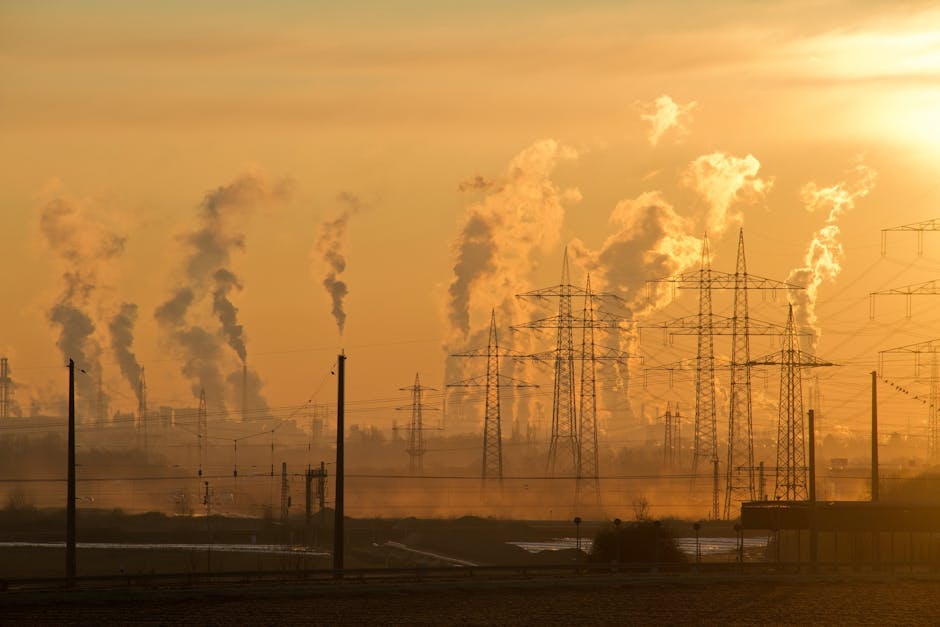Paytm Founder Vijay Shekhar Sharma’s Viral Reply to Jonty Rhodes on Delhi Air Pollution
A social media exchange between Paytm founder Vijay Shekhar Sharma and cricket legend Jonty Rhodes has reignited discussions about Delhi’s severe air pollution crisis. The conversation, which unfolded on X (formerly Twitter), highlighted contrasting perspectives on the city’s hazardous air quality and the need for urgent action.
Jonty Rhodes’ Tweet: A Global Athlete’s Concern
Former South African cricketer and fielding coach Jonty Rhodes shared a photo of Delhi’s smog-choked skyline with the caption:
“Delhi’s air quality is alarming. How do people live and work in these conditions? #AirPollution #DelhiAir.”
The post quickly went viral, resonating with residents and environmentalists who face the health impacts of Delhi’s annual pollution spike. Rhodes, known for his eco-conscious stance, has frequently highlighted India’s environmental challenges during his visits.
Vijay Shekhar Sharma’s Reaction: Resilience vs. Accountability
Paytm CEO Vijay Shekhar Sharma replied in Hindi, acknowledging the issue while emphasizing Delhi’s spirit:
“Delhi ki air quality bahut kharab hai, lekin Delhi waalon ka junoon aur josh bhi kisi se kam nahi.”
(“Delhi’s air quality is terrible, but the passion and spirit of Delhiites are unmatched.”)
The response drew mixed reactions:
– Supporters praised Sharma’s optimism, citing Delhi’s adaptability.
– Critics argued it normalized the crisis, diverting attention from systemic solutions.
Why Delhi’s Air Pollution Needs Immediate Action
Delhi consistently ranks among the world’s most polluted cities, with AQI levels exceeding 400 (“severe”) during winter. Key causes include:
– Stubble burning in Punjab and Haryana.
– Vehicular and industrial emissions.
– Construction dust and firecracker pollution.
Health Impacts: Increased respiratory diseases, reduced life expectancy, and economic losses from work absences.
Expert-Backed Solutions to Combat Pollution
- Policy Enforcement: Strict penalties for industrial violations and traffic restrictions.
- Farmers’ Support: Subsidies for alternatives to stubble burning.
- Corporate Engagement: Business leaders like Sharma could advocate for clean-air tech investments.
- Public Awareness: Promote masks, air purifiers, and pollution-check drives.
Public Reaction: A Divided Debate
- Optimism Camp: “Life must go on despite challenges.”
- Action Camp: “Resilience isn’t a substitute for policy change.”
Conclusion: Beyond Hashtags – A Call to Action
While Sharma’s reply celebrated Delhi’s spirit, experts urge influential figures to drive tangible solutions. As winter approaches, the focus must shift from acknowledgment to accountability.
Do you think optimism undermines the fight for cleaner air? Share your thoughts below.




